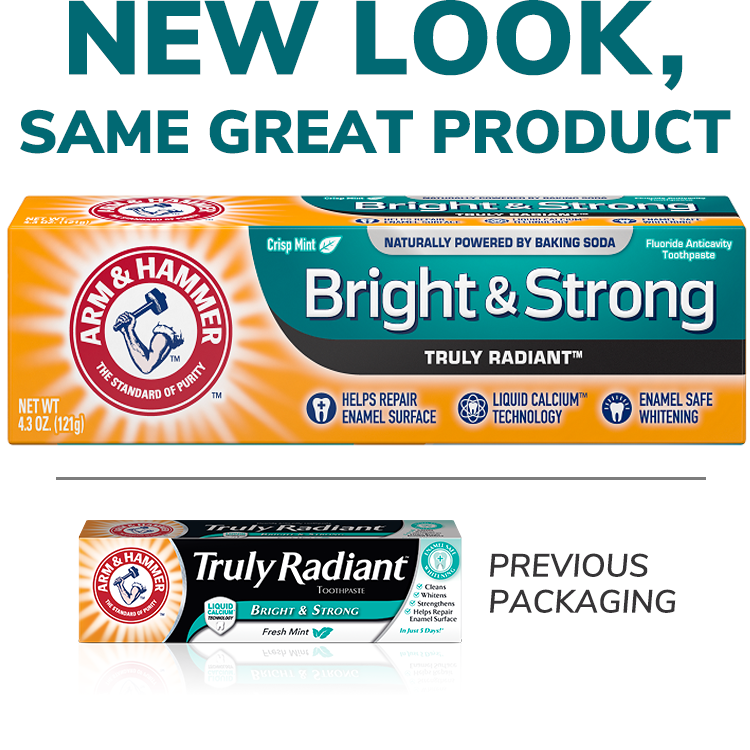What is Lightweight Cat Litter?
Most, but not all, lightweight cat litter is clay-based. Lightweight litters are about 50% lighter than their full-weight counterparts and are usually made of bentonite, perlite, diatomaceous earth, Fuller’s Earth, or other absorbent minerals.
How Does Lightweight Cat Litter Work?
Lightweight cat litter is made of mineral particles that absorb moisture from urine or feces and form hardened clumps that you can scoop from the litter box. It works the same way as regular clumping cat litter, but the particles can be more porous (have more holes) and are less dense.
Although half the weight of regular kitty litter has been removed from lightweight litter, that doesn’t mean less absorption power or lower odor control. In fact, some lightweight litters perform even better at quickly absorbing wetness and locking in odor than other, heavier litters.
Pros & Cons of Lightweight Cat Litter
Asking “which cat litter is best” is a difficult question because the answer truly is “it depends what you’re looking for.” There is no perfect cat litter; all types have positives and negatives and choosing the right litter is a balancing act of getting the features that matter most to you with drawbacks you can live with.

Here are some reasons a lightweight litter might be the right option for you:
Lightweight Litter Pros
- Less-heavy package is easier to carry into your home, and easier to carry in the trash after scooping or dumping the litter box.
- Lighter weight litter is easier to lift and pour into the cat box.
- Super-fast wetness absorption after kitty uses the box – you can scoop out clumps of urine right away.
- Available in scented and unscented versions.
- Some cats may prefer the softer texture that’s more like outdoor pottying.
Lightweight Litter Potential Cons
- Smaller, less-dense particles may be easier for kitty to track outside of the litter box. Use a litter mat to reduce tracking.
- Particles may stick to your cat’s paws or fur more easily than heavier weight litter particles.
- Some lightweight litters can be more dusty than others.
- Your vet may advise against very young kittens using lightweight litter until they get older and bigger. Check with your vet about any litter recommendations.
Pros & Cons of Regular Clumping Cat Litter
There will always be both pros and cons, no matter which type of litter you choose. That said, regular clumping cat litter is one of the most popular litters on the market, and there’s good reason for that.
Regular Weight Clumping Cat Litter Pros
- Absorbs wetness quickly and coats feces to trap odors.
- Creates hard clumps that are easier to scoop.
- Typically easy to find in retail stores or online.
- Available in scented or unscented formulas.
- Most popular type of cat litter, preferred by many cat parents and kitties alike.
Regular Weight Clumping Kitty Litter Cons
- Box can be very heavy, up to 40 lbs, making it harder to carry up flights of stairs or longer walks from your vehicle or public transportation.
- Heavier litter can be difficult to lift and pour into the box.
- Particles can track or be scattered from the litter box.
- Putting 3-4 inches of litter in your cat’s box can make it heavy and hard to move.
- Disposing of used litter can be more difficult due to the weight of the litter.
Choose Whether Lightweight vs. Regular Kitty Litter is Right for You
Although cat litters don’t come in weight classes like boxers or wrestlers, you may find that a lightweight litter such as ARM & HAMMER™ AbsorbX clumping cat litter is your best bet for taking odor and wetness to the mat. Choosing the regular or lighter weight version of cat litter comes down to preference: both what you prefer and what kitty likes and will use without complaint.
If you live up several flights of stairs, have a physical disability, are unable to carry heavy packages, or live alone and have trouble lifting a full-weight cat litter container to fill your box, lightweight litter may be the right combination of features for you. If the weight of litter isn’t an issue for you, the regular formula clumping cat litter may be your top choice.
And here’s another related question: does lightweight litter track more than regular litter? The answer is: it depends. While the smaller, less-dense particles in lightweight litter may sometimes stick to cat’s paws or be easier to fling from the box during use, the type of litter isn’t the only factor in causing litter tracking everywhere. Here are 5 tips to reduce litter tracking, no matter what type of litter you use.


